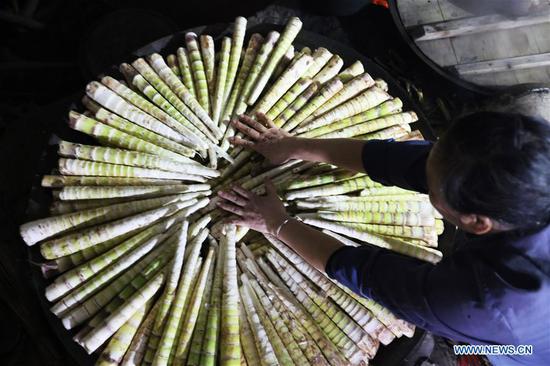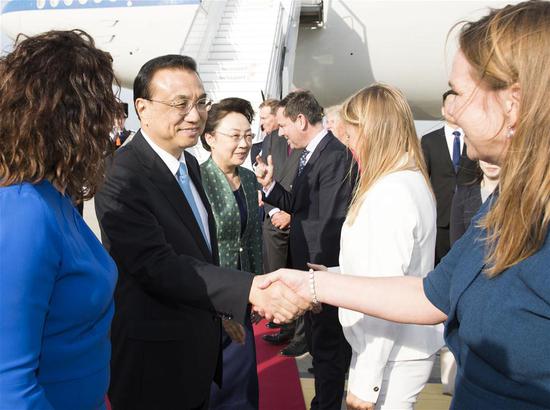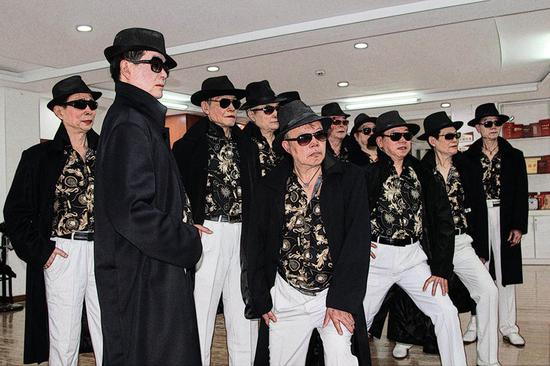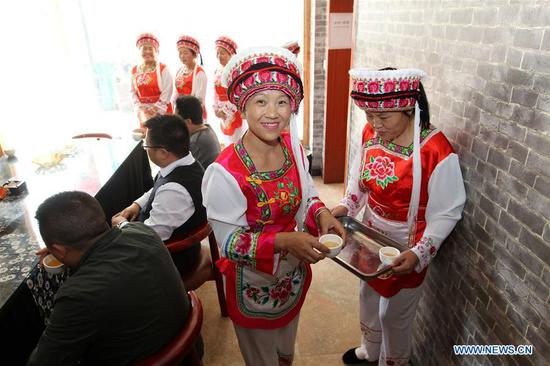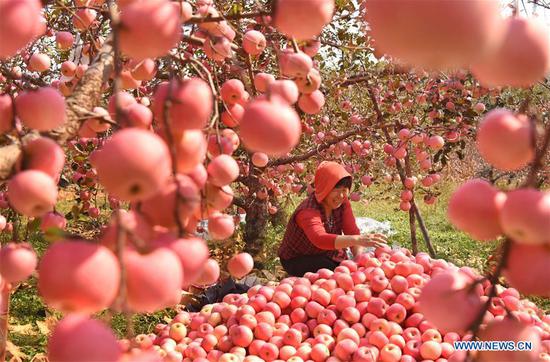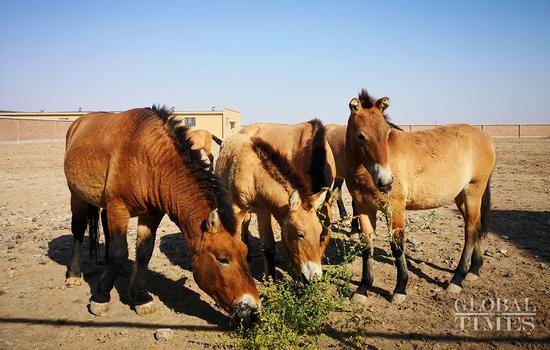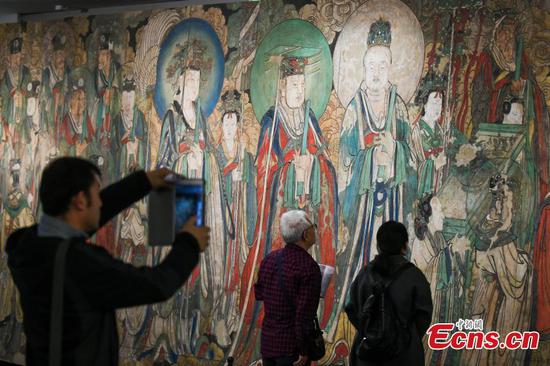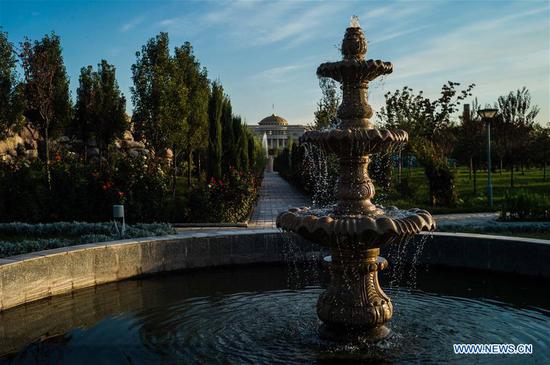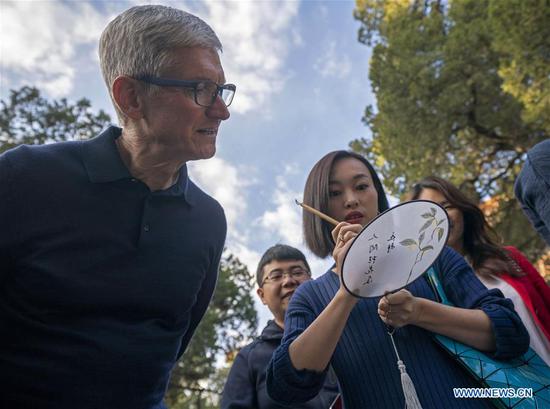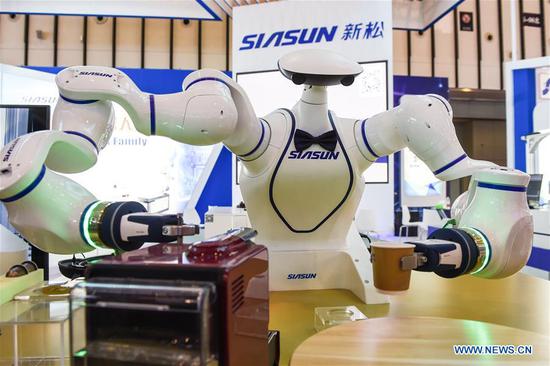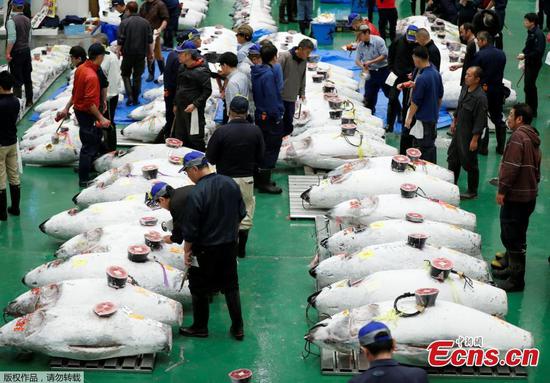Case of Daoxiangcun highlights IPR improvements, loopholes: analyst
A legal dispute between two Chinese companies over a trademark for traditional pastries has drawn wide domestic attention and shed light on both the improvements and loopholes in the country's intellectual property protection (IPR) laws and regulations.
Though China has intensified efforts in IPR in recent years and awareness has been rising, the case surrounding the use of the Daoxiangcun trademark, which resulted in two opposite rulings from two courts, shows that there is still much to improve in terms of laws and regulations as well as their implementation, a legal analyst noted.
The multi-year court fight between Beijing Daoxiangcun Foodstuff Co and Suzhou Daoxiangcun Food Industry Co gained renewed attention last week after a court in Suzhou, East China's Jiangsu Province, where Suzhou Daoxiangcun is based, ruled in favor of the latter, in stark contrast to an earlier ruling by a court in Beijing.
In its decision released on Friday, the Suzhou Industrial Park People's Court ruled that Beijing Daoxiangcun had infringed Suzhou Daoxiangcun's registered trademarks, and it ordered the former to cease to use the trademark on its packages and pay 1.15 million ($166,228) in compensation to Suzhou Daoxiangcun.
Previously, the Beijing Intellectual Property Court ruled in favor of Beijing Daoxiangcun and ordered Suzhou Daoxiangcun to cease to use the Daoxiangcun trademark and pay the former 30 million yuan in compensation.
Daoxiangcun, which translates into rice village, refers to traditional Chinese pastries that were launched as many as 245 years ago.
The pastries are widely popular among Chinese consumers and winning the trademark lawsuit represents a huge commercial opportunity for either company.
"Whether it's about IPR or commercial gains, there has been a significant rise in awareness among Chinese companies about protecting their brands in recent years," said Liu Yuanju, a research fellow at Shanghai Institute of Finance and Law. "Raising awareness is part of the country's effort to enhance IPR."
Liu told the Global Times that apart from the famous nature of the trademark, the different court rulings - a rare scenario in China - also drew broad attention to the case.
"There is a debate about how courts can rule on trademarks for something that has been around for hundreds of years and is part of the culture," Liu said, adding that there must be unified standards. "Without certain standards, the dispute just becomes a case... where no one is right or wrong."
More broadly, Liu said, the case points to loopholes in China's IPR laws and regulations, as well as their enforcement, which must be resolved.











